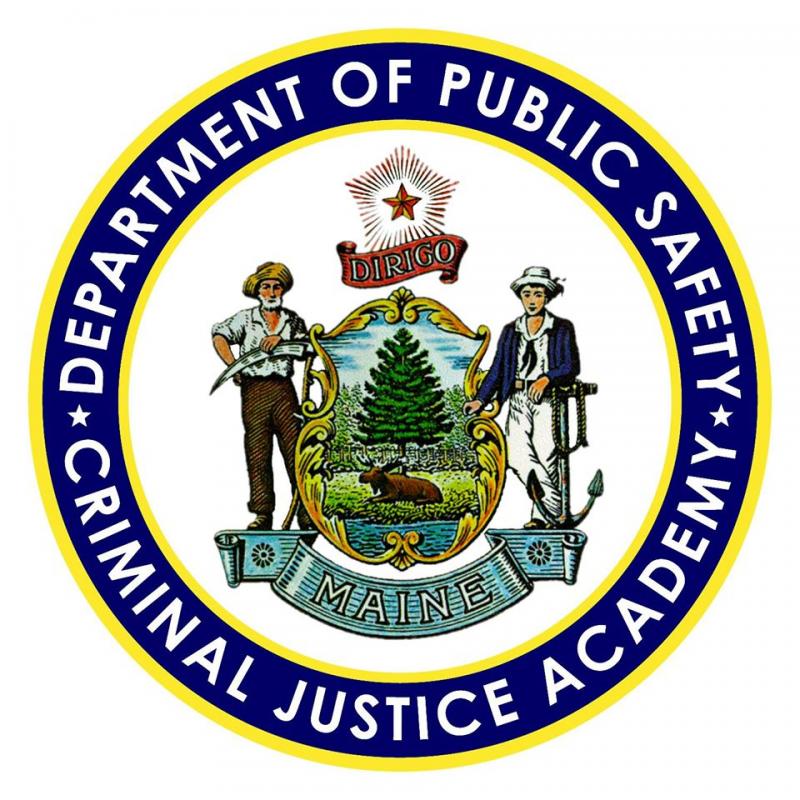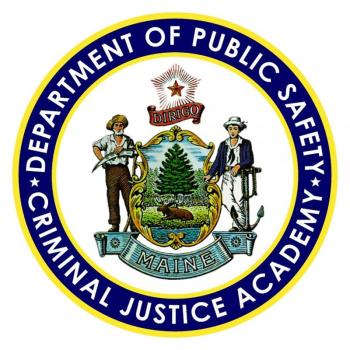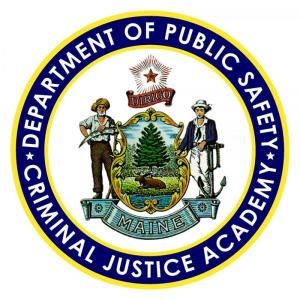Maine Criminal Justice Academy amends law enforcement standards
The Board of Trustees of the Maine Criminal Justice Academy, during its meeting June 19, amended the minimum standards for law enforcement policies on the Use of Force and Hate or Bias Crimes, according to a news release.
The purpose of the changes is to enhance the standards and to give better guidance to law enforcement officers in Maine, per the release.
The release follows:
Added to the mandatory standards for the Hate or Bias Crimes policy is a requirement for law enforcement agencies to report any complaint of bias-based profiling to the Maine Office of the Attorney General.
Additions to the mandatory standards for the Use of Force policy are certain procedures implicit in law enforcement operations for several years, but not previously expressly stated in the standards. Specifically, any law enforcement Use of Force policy must now contain affirmative language that:
1. the use of chokeholds or similar methods are not an acceptable or approved means of arrest, restraint, and control unless deadly force is authorized
2. officers must intervene, and report to superiors, when they see any other officer using unreasonable or unnecessary force;
3. discharging a firearm at a moving vehicle is prohibited unless deadly force is authorized;
4. requires de-escalation techniques, when feasible;
5. excessive force may never be used;
6. officers must monitor an individual in their custody for evidence of injury or medical distress and request emergency medical aid any time an individual in custody appears injured or in medical distress; and
7. officers must recognize the common causes of excited delirium, dangers present to the officer and/or an individual suffering from excited delirium, and the dangers of positional asphyxia.
Maine law governs many policies and procedures that guide law enforcement in Maine, especially those regarding critical areas of policing. These laws, initially enacted in 1994, require all Maine law enforcement agencies to have written policies and procedures that comply with the applicable standards promulgated by the Board of Trustees. This is a process quite unique to Maine; most states do not have the authority to set such law enforcement standards.
The standards in Maine provide uniformity statewide as to how police deal with a variety of situations. Presently, these mandated standards and policies govern law enforcement practices related to:
(1) the use of force (including deadly force and non-deadly force and the use of electronic weapons and less-than-lethal munitions),
(2) barricaded persons and hostage situations,
(3) domestic violence,
(4) hate or bias crimes,
(5) pursuits,
(6) citizen complaints,
(7) criminal conduct by law enforcement officers,
(8) death investigations,
(9) public notification of sex offenders residing in a community,
(10) recording of interviews of suspects,
(11) mental illness, and
(12) public access to law enforcement records.
Each agency in Maine must annually certify that the agency has adopted written policies consistent with the standards established by the Board of Trustees. Officers who violate the standards are subject to losing their certification to work as a law enforcement officer.
Event Date
Address
United States

























